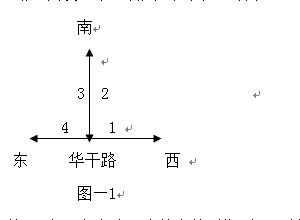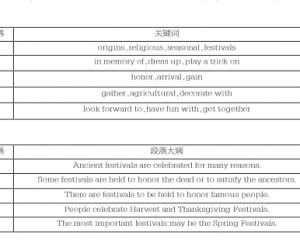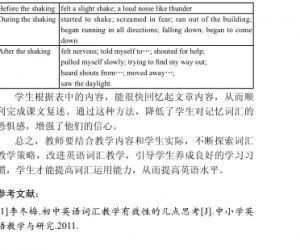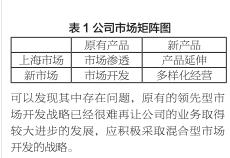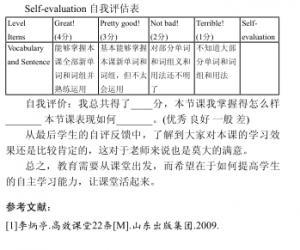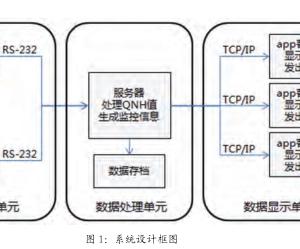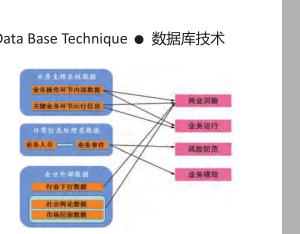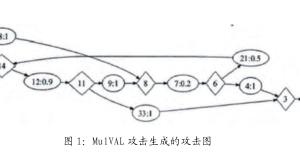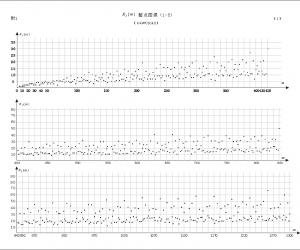Brief Analysis on Midaq Alley
热度0票 浏览134次
时间:2013年11月01日 10:08
Brief Analysis on Midaq Alley
刘海静
(威海职业学院,山东 威海 264200)
Midaq Alley is about the Egyptian residents of a back alley in Cairo in the 1940's. Naguib Mahfouz showed us an astonishing end concealed under seemingly calm surface. In the novel the relationship between the residents and the British army penetrated the whole plot, contained in which it could be argued that there are lots of reflections of that time. Colonialism and modernity can both be found under the veil of common life of residents living on Midaq Alley. And hidden in the common life there are lots of quarrels and contradictions. These problems that the residents face are each in their own way connected to the British colonial presence.
Midaq Alley, captures a great slice of life in the Cairo over the period of around eighteen months during the Second World War. Therefore, as one of colonizing powers that was an agent of modernity, the British colonial reign impacted on the life of Egyptians and produced a lot contradictions. When Hussain told his father he wanted to leave home to pursue a new life, an intense quarrel happened again. The son was influenced by the world outside Midaq Alley. He sought for a new, more fashionable, more luxurious and freer life, which would help him escape from his father’s refrain. The father is completely the opposite. He is angry not only for his son’s leaving, but also for his son’s betrayal of tradition and surrender to British colonial influence. As Said said, imperialism after all is a cooperative venture. Both the master and the slave participate in it, and both grew up in it, albeit unequally. One of the salient traits of modern imperialism is that in most places it set out quite consciously to modernize, develop, instruct and civilize the natives. And the effect of establishing the so-called modernizing trends in the colonial regions mutes and humanizes the harsher aspects of imperialist domination (Said: “Yeats and Decolonization” in “Literature in the Modern World” (Walder, 1990: pp.34-41)).
Naguib Mahfouz is among the first Egyptians to write about the British cultural invasion and the life of Cairo citizens through his novel. Midaq Alley is a microcosm of Cairo, even Egypt society. The attempts of several residents to escape the alley and move up in status ended with dreams broken and unfulfilled, which was also the impact of British colonial reign. When Hamida admired the factory girls, she told her mother they were very lucky just like Jewish girls. Why didn’t she choose to be one of them since she admired such a life? Mahfouz answered this question later in the story. He told his readers the contradiction between Arab and Muslim tradition and the impact of British imperial government. Arabian tradition restrained young men and women’s curiosity and ambition. In the novel the younger generation are influenced by Western culture and want to go outside to see the whole world; they want to have a rich life filled with inspiration and surprise. Unfortunately, their desires were stifled by their parents or friends, who stood for Arabian tradition. Perhaps they shouldn’t betray the tradition but sometimes the new world needs people to change so that they can keep pace with the developments. When the coffee-owner Kirsha told the old storyteller that his customers required listening to the radio, more or less, Egyptians’ concepts changed a lot.
In addition, Mahfouz didn’t forget to expose the British self-indulgency and problems in Cairo. He wrote in the language of people in Egypt and stood for the Arabians. Through the stories of individuals he relates the experience of the wider community. Sheikh Darwish, the old poet and former English teacher, was dismissed and went mad as a result. Mahfouz used this character to emphasize that Egyptians would not get their own rights if they could not get true independence in the field of politics and culture. Finally, let’s back to the death of Abbas. Abbas is a kind and infatuated young man. He chose to join the British army in order to earn more money so that he could win Hamida, his precious love, satisfy her ambition and get married with her. When he came back there was no beautiful fiancée waiting for him but a whore doing flesh and body business. Inevitably, he burst into fury and was beaten to death by British soldiers. No one made responsible for his death. In the incident we see the cruelty of colonial occupation. Mahfouz shows that the death of one Egyptian is unimportant at that time. He may also have the intention of awakening his fellow Egyptians to the criminality of foreign rule in their nation.
参考文献:
[1]Mahfouz, Naguib, Midaq Alley[M].New York: Anchor Books,1992.
[2]Walder, Denis, Literature in the Modern World: Critical Essays and Documents[M].Oxford: Oxford University Press in association with the Open University,1990.





